Normalization of ties with Israel constitutes treason: Tunisia’s president-elect
Tunisia’s President-elect Kais Saied has denounced the idea of normalization of ties with the regime in Israel, saying any such move constitutes treason.
Speaking during a pre-election debate with his main rival Nabil Karoui on Saturday, Kais said Tunisia was in a state of war with Israel, and that anybody who normalized relations with the Tel Aviv regime had to be tried for treason.
Karoui, commenting on the same topic, said he believed that ties with Tel Aviv were illegal.
Tunisia, he said, should support Palestinians in whatever position they take regarding the Israeli regime.
The country has no diplomatic relations with Israel. Last year, the parliament was expected to vote on a draft proposal that criminalized the normalization of ties with Israel.
The bill, however, did not get the endorsement from the late Tunisian president Caid Essebsi, who passed away in July last year.

His death brought forward the presidential election to September, when law professor Saied and detained media mogul Karoui won the most votes. The vote advanced into a runoff, which was held on Sunday.
Official results have not been released, but exit polls indicate that Saied, 61, has won 76 percent of votes.
Thousands of his supporters took to streets late on Sunday to celebrate after the exit polls were released.
Saied also appeared in front of them in the capital Tunis and thanked “young people for turning a new page” in the country.
“We will try to build a new Tunisia. Young people led this campaign, and I am responsible for them,” he told the crowd.
His opponent Karoui, who was freed by a court order on Wednesday, told a news conference that he would decide whether to appeal after the electoral commission announced the official results.
The 56-year-old candidate campaigned from prison after being arrested on charges of money laundering and tax fraud. He has denied the charges, saying they were politically motivated.
The Sunday election was the second since the 2011 uprising which led to the ouster of former ruler Zine al-Abidine Ben Ali and triggered similar mass protests, known as the Arab Spring in other Arab nations including in Libya and Egypt.
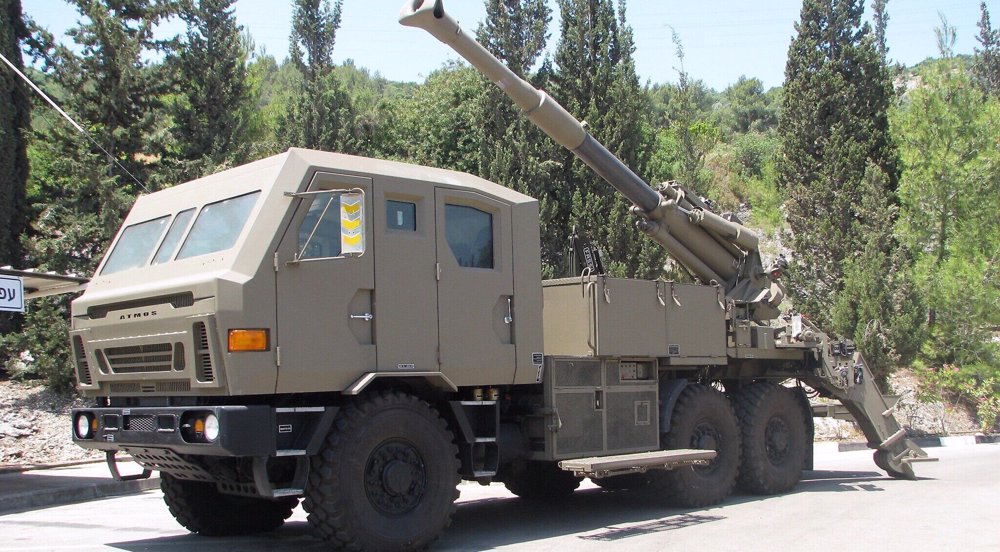
Morocco signs deal with notorious Israel’s Elbit to buy ‘battle-tested’ arms: Report

Protests in Morocco as US-flagged ship carrying arms to Tel Aviv docks at Tangier

Tunisia votes with Saied set for re-election
Naṣir al-Din al-Ṭusi: The 13th century Iranian polymath who revived Islamic sciences
Angry Syrians take to streets after Israel says will demilitarize occupied south
Israel demolishes 120 homes in West Bank, plans 1,200 illegal settlement units
VIDEO | New Yorkers pay tribute to Sayyed Nasrallah
Russian consulate in France comes under attack on Ukraine war anniversary
Mourners throng funeral for martyred Hezbollah leader Safieddine in south Lebanon
‘Grave threat’: Iran says Israel’s nukes endangering world, blasts US nuclear spending spree
VIDEO | Global tributes pour in as Beirut mourns martyred Hezbollah leaders Nasrallah and Safieddine


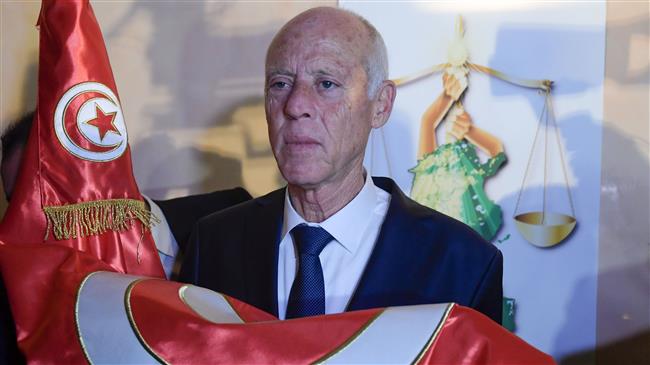



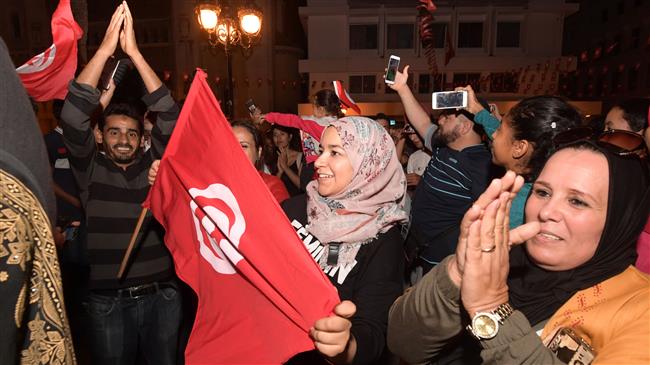
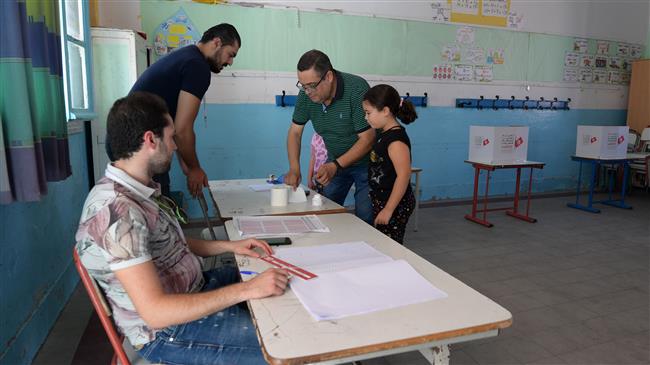
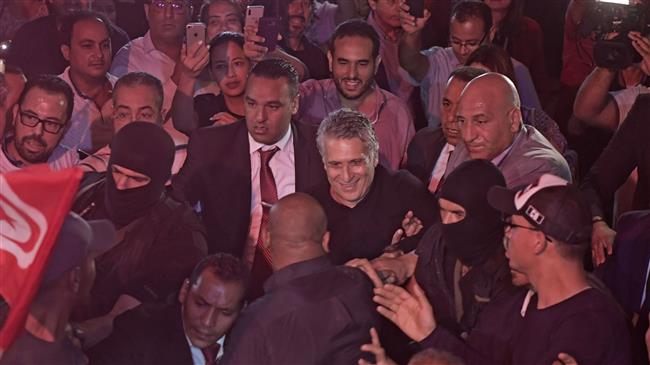

 This makes it easy to access the Press TV website
This makes it easy to access the Press TV website